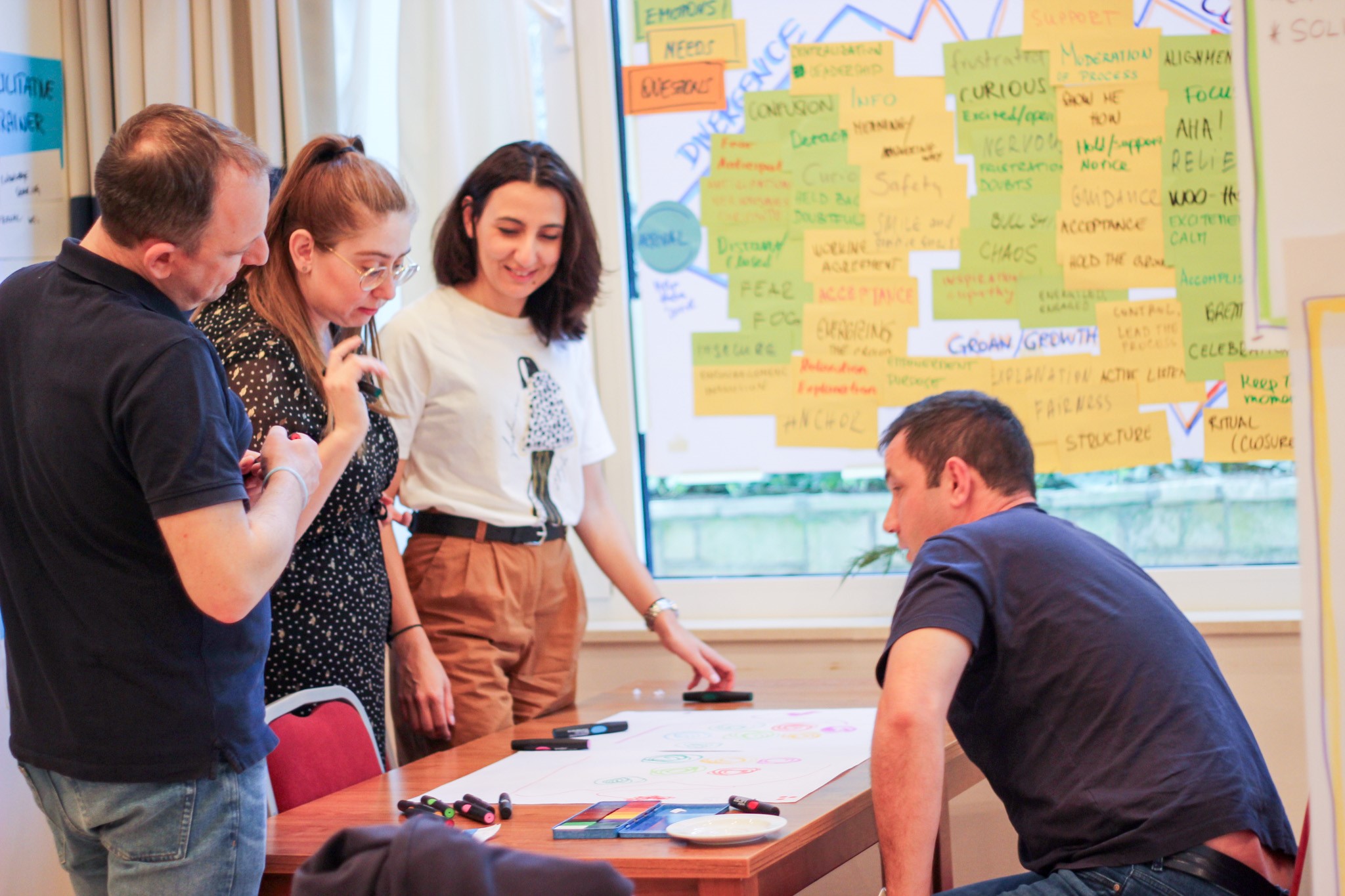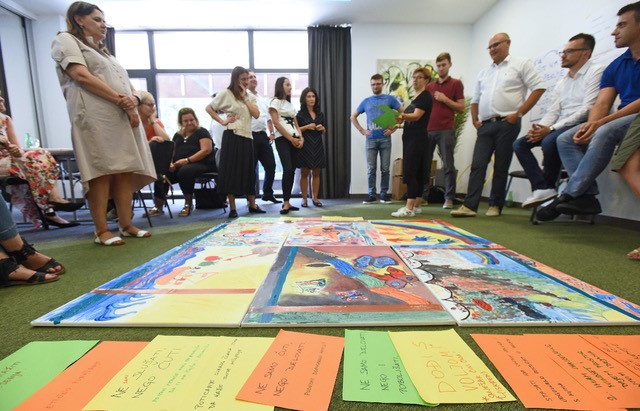- adrijana@adrijanastrnad.com
- +385 1 23 45 67 / +385 1 34 56 78
Leadership development

THE ART OF PARTICIPATORY LEADERSHIP
Terme Tuhelj
Ljudevita Gaja 4, 49215 Tuheljske Toplice
Event Start:2025-02-12 14:00
Event End:2025-02-14 22:00
Feb 12-14th 2025
An invitation to explore, learn & practice!
The way high-performing organizations operate today is radically different from how they operated 12 years ago. Yet many other organizations continue to operate according to industrial age models that are 100 years old or more, weighed down by legacy practices, systems, and behaviors that must be confronted and discarded before true change can take hold.
Why to join?
More info: Art of participatory leadership
All upcoming events
read more and register

Date:
2025-02-12 14:00
In: Tuheljske Toplice, Croatia
Terme Tuhelj

